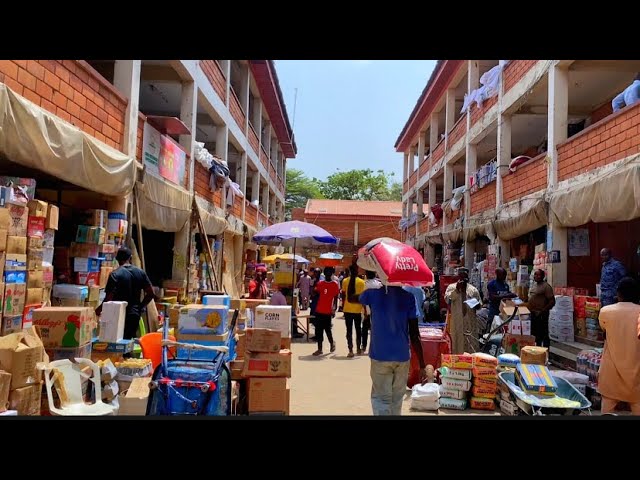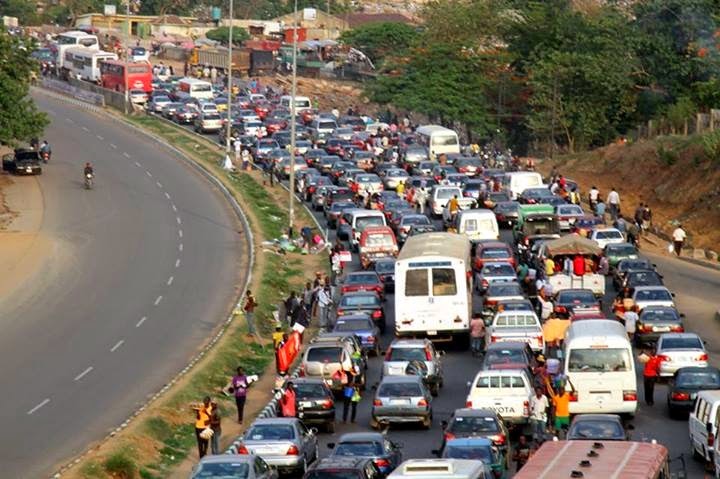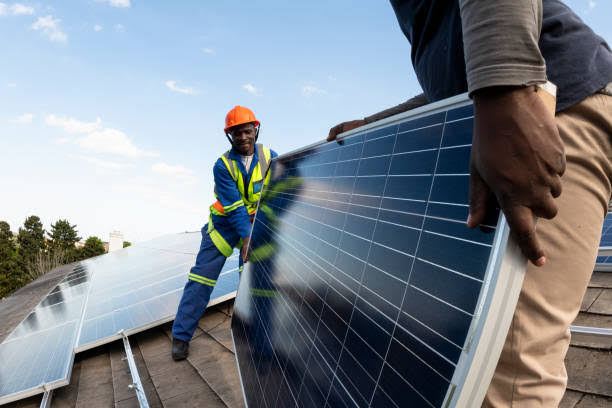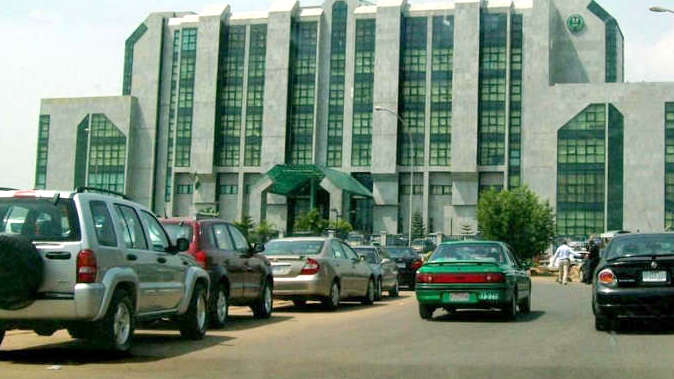- by Williams O.
- Jun 30, 2025
What to Do If You Lose Power for Days in Abuja (2025 Survival Guide)

- By Williams O.
- • Sat, Jul 05 2025
- • in Guides
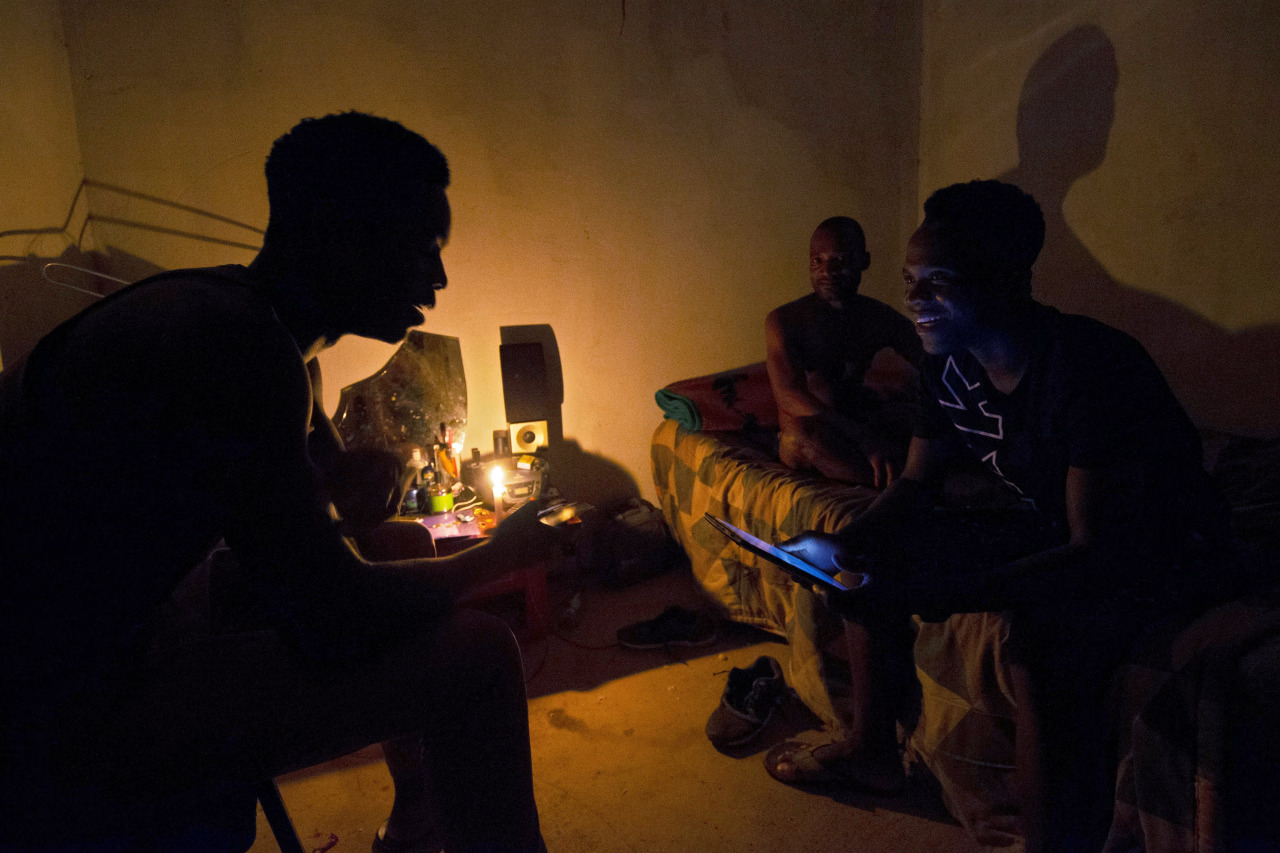
Power outages are nothing new in Abuja — but in 2025, they’ve become longer, more unpredictable, and more frustrating than ever. For many residents, no light for 3–5 days is becoming normal in certain districts.
We didn’t have light for five straight days in February. I had to throw out a week’s worth of frozen chicken. Now I keep a backup solar lamp and store water early.
Yusuf Aliyu (name withheld), food vendor in Jikwoyi
Here’s a survival guide for what to do when there’s no power — and no timeline for its return.
⚡ 1. Stay Calm and Plan Your Energy Budget
Start by listing your essential devices:
Phones
Fans
Modem/router
Lights
Freezer/fridge
Prioritize what you absolutely need powered each day, and ration battery power or generator fuel accordingly.
🔋 2. Use Portable Power Alternatives
If you don’t own a generator or inverter, try:
Rechargeable fans and bulbs (widely available in Abuja markets)
Power banks (at least 20,000mAh)
Mini solar panels or solar lamps (₦10,000–₦35,000)
Community charging stations (in places like Karu, Gwagwalada)
🧼 3. Manage Food Storage and Water
Move frozen items to a friend or neighbor’s powered freezer if possible
Avoid opening your fridge/freezer often — cold air escapes quickly
If using a water pump, store extra buckets ahead of time during brief light periods
🧯 4. Protect Your Electronics
When light returns after a long outage, it often comes with a surge.
Unplug major appliances when the power is off
Use surge protectors or voltage regulators (especially for fridges and TVs)
Let power stabilize for a few minutes before plugging devices back in
🚰 5. Know Who to Report To
If your neighborhood hasn’t had light for days and others have, report to:
AEDC customer care: 08150181818 (WhatsApp enabled)
NERC complaints platform: nerc.gov.ng
Local community transformer reps (they often have group chats)
Document every report with date/time. Power complaints with evidence (video, photos, multiple reports) are taken more seriously.
🧠 6. Invest in the Future
If you can afford it, now’s the time to start small with:
A solar lamp
A mini inverter system (₦250,000–₦500,000)
Rechargeable fan-light combos
These tools save fuel, reduce noise, and give you power without waiting for “NEPA.”
✅ FAQs
Q: What should I do when there’s no electricity for 3+ days in Abuja?
A: Prioritize your devices, use rechargeable lights, store food wisely, and report outages with proof.
Q: How do I protect appliances after long blackouts?
A: Unplug during the outage. Wait a few minutes after power returns before reconnecting.
Q: Who do I report a blackout to in Abuja?
A: AEDC customer support via WhatsApp or your local community transformer rep.
